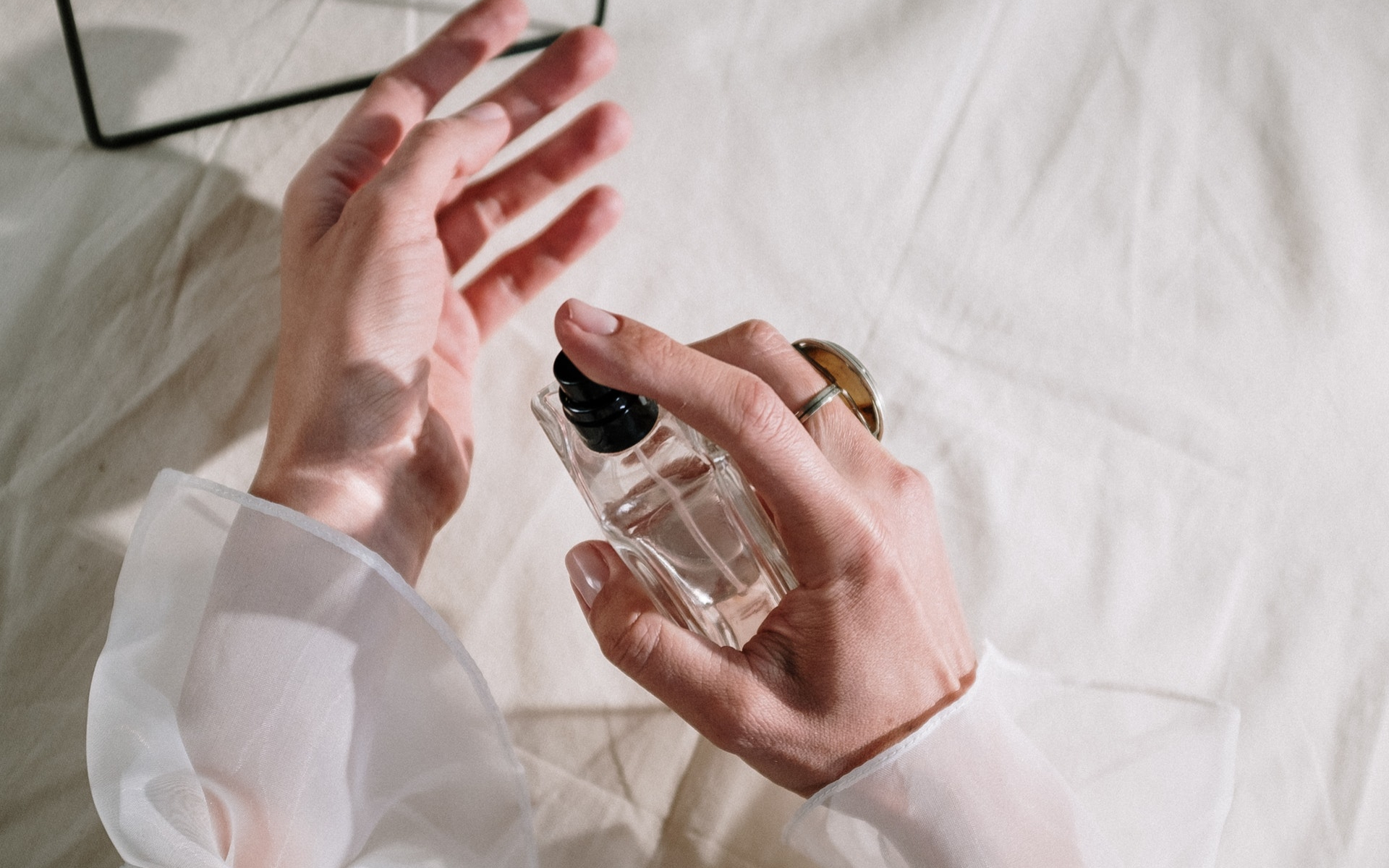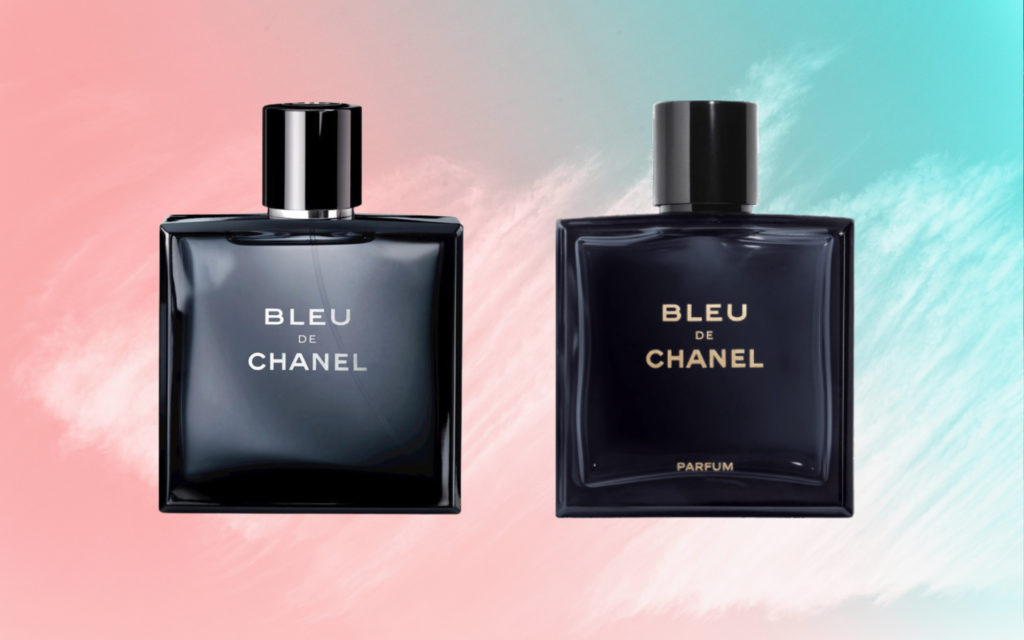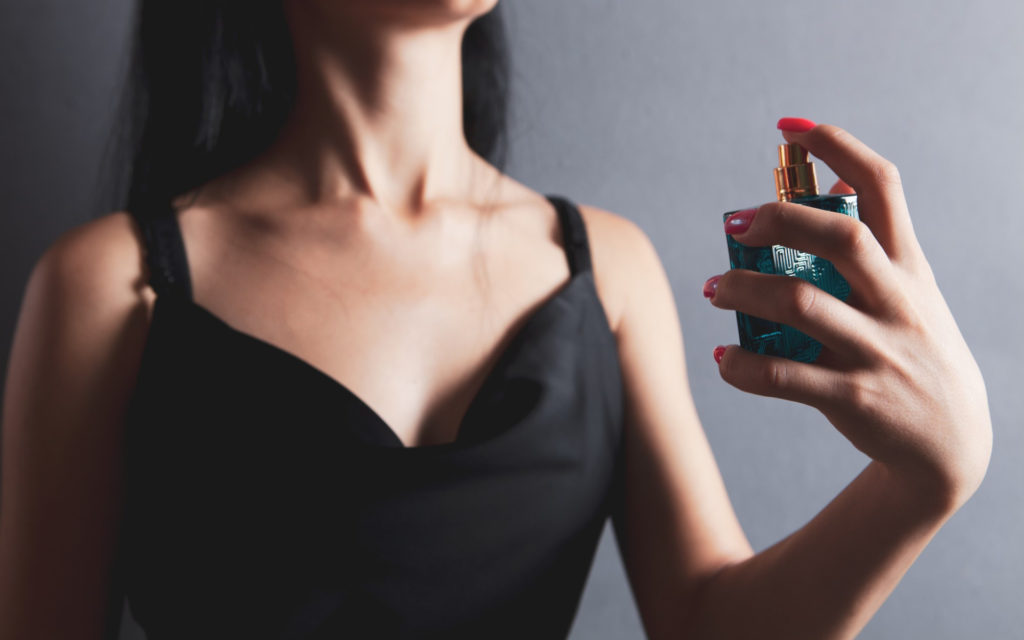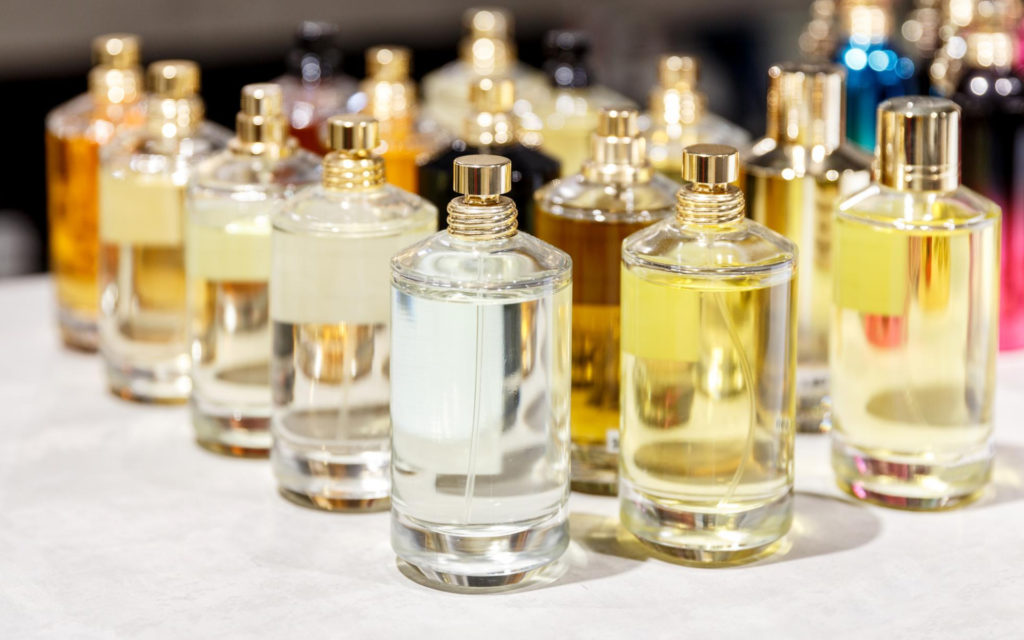If you’re like most people, you probably enjoy using perfume or cologne in your day-to-day life. However, if you’re not careful, these products can leave behind stubborn stains on your clothes.
Some people think that perfume stains are permanent and can never be removed, but using suitable methods and detergents can help your clothes to come out clean again.
In this blog post, we’ll discuss how to avoid perfume stains and what to do if they occur. We have included some methods for getting rid of stains that are just as effective as easy to use! To find out more, keep reading.
Does Perfume Stain Clothes?
Yes, perfume can stain your clothes. Like other fragrances and cosmetics, the ingredients in perfume spray may discolor or damage fabrics. However, it’s important to note that all perfumes are not created equal: different scents react differently with various materials.
And as far as garments go, some clothing types (like silk) are more likely to experience issues than others (like cotton). But, in general, light-colored, sheer or delicate fabrics are more likely to be damaged by perfumes than dark ones.
Additionally, women who wear fragrances while exercising may notice their clothing takes on additional discoloration thanks to perspiration residue.
Which Ingredients Can Stain Your Clothes?
While most perfumes are oil-based and therefore less likely to stain clothing, some fragrances may include additional ingredients that can cause a staining problem. This is because many dyes contain pigments, which could transfer onto your clothes during wear.
In addition, alcohol-based ingredients and high concentrations of essential oils can also result in staining.
The alcohol in perfume can stain when it mixes with the other ingredients (known as a “fixative”) that make up a fragrance. These fixatives are usually oil-based and can be vegetable or animal-derived oils, such as musk, civet, and ambergris.
However, synthetic fixatives are also used, including benzyl acetate (which comes from jasmine), ethyl vanillin (an artificial vanilla scent), and coumarin (a chemical found in the tonka bean).
These oils and chemicals cause perfume to last longer than natural scents like flowers and herbs. The problem is that many of these scents are also known for staining fabrics.
You may not always notice a stain straight away because some ingredients in perfume require heat to activate them. This means that more alcohol might soak into the fabric before an unsightly patch appears on your clothes.
Is it OK to spray perfume on your clothes?
It’s not recommended to spray your favorite Eau de parfum directly on your clothes. This can cause stains and discoloration on light-colored fabric. But the genuine concern arises when you spray perfume on synthetic material.
The alcohol in perfume will dry the fabric out, making it brittle and prone to tearing with wear. Since more clothing is made from synthetic materials (polyester, nylon, rayon) than natural fibers these days, this is an important consideration when choosing where to apply your scent.
If you’re worried about getting some perfumed body oil on your beautiful cashmere sweater or silk blouse, don’t fret — there are plenty of other ways to get that signature smell without damaging your clothes.
Tips to remove perfume stains from your clothes
At some point, we have sprayed perfume directly onto our clothes without wiping the excess away, only to realize a stain has been left behind. But don’t worry; here are some tips to help you remove perfume stains.
1) Dab, don’t rub
Use a folded paper towel over the stain and dab it gently with a damp cloth. This will help lift some of the stain from the fabric. The key here is to blot, not rub! This may help to remove some of the fragrance oils and reduce the staining. This will work best if you act right away on fresh stains.
2) Detergent solution
If the stain hasn’t disappeared, you can try applying some mild dishwashing detergent directly to it and blot it until it starts to fade. This can be repeated a few times if needed. Once that’s done, rinse the area thoroughly with cold water and blot dry.
3) Rubbing Alcohol
If you find that the perfume has left an oily residue, you can use a little bit of rubbing alcohol to remove it. Use a cotton swab or cotton ball to apply a small amount of rubbing alcohol to the stained area. This should help to dissolve the alcohol that caused the stain. Be sure to dab gently so as not to spread the stain further.
4) White vinegar
Blot any excess liquid off of your garment with a lint-free cloth or paper towel before moving on to treatment. Use a one-to-one ratio of water and white vinegar, then add a small amount of the solution to a cloth or sponge to dab the stain from its center. Flush with water to remove any residue of the cleaning agents used.
5) Pre-treat with Laundry detergent
If the perfume has already set into the fabric, pre-treat with a liquid laundry detergent and allow it to sit for at least 15 minutes before washing as usual in warm water. If any trace of the stain remains, repeat these steps before drying as this will set any remaining stain into the fabric, making it impossible to remove without causing damage.
Where should you spray your perfume?
Now that you know fragrance shouldn’t be applied to fabric, it might seem tricky to figure out where you should spray. The good news is there are no hard and fast rules—you can wear fragrance wherever you want (as long as it’s safe). So spray your perfume on these areas to avoid staining your clothes:
1) Pulse points
The heat from these areas helps to diffuse the scent. The pulse points where your blood is closest to the surface of your skin are the best places to apply perfume because they will give off more scent for longer. These include the wrists, crease of your arm and knee, the base of your throat, and behind your ankles.
2) Hair Brush
Spray your perfume on hairbrush. Hair is also known for retaining scent well, and the scent may last longer because we tend to move our heads more often than our bodies. In addition, fragrance molecules are small enough to travel through the air, so you will still get a pleasant scent without having to worry about stains.
3) Spray it into the air
A good rule of thumb is to spray your perfume into the air and walk through the mist — this will help you avoid staining your clothes with a direct application of the perfume. This way, the fine particles of the scent will land on your skin (which is where you want them) instead of your clothing.
4) Elbow and Ear Lobes
Perfume is made up of alcohol and oil, which evaporates into a gas very quickly. Since these two ingredients are lighter than water, they rise to higher areas of your body like ear lobes and elbows; hence it becomes easy for them to evaporate quickly in these areas, making them good spots for spraying cologne.
Final Take
When it comes to perfume and how it affects your clothing, a little care can go a long way. Yes, perfume will leave behind a few stains if you don’t take precautions—especially for colored fabrics.
You’ll want to avoid spraying perfume directly onto your garments or even storing them with fragrance products. Instead, spray on your skin and wear clothing made of natural fibers such as cotton or linen.
If you are concerned about possible staining, try testing different kinds of perfume to find one that works best for your needs before making a purchase.
Also, consider going fragrance-free when wearing light-colored or delicate fabrics until you get more practice at avoiding stains and have identified which types of materials are most susceptible to staining from which fragrances—you may just find something new and lovely!






